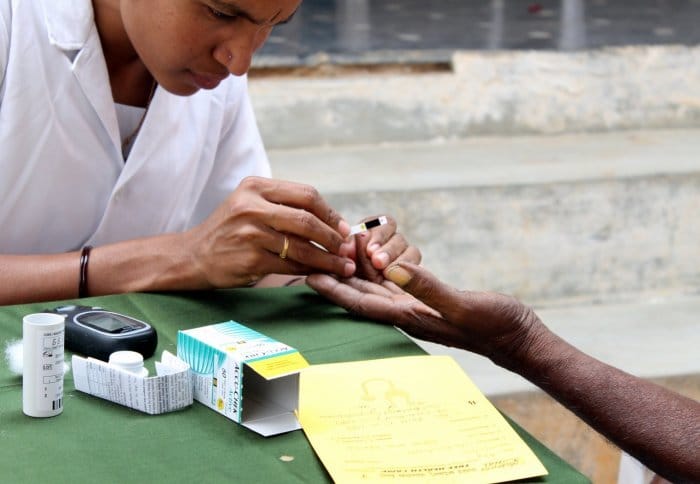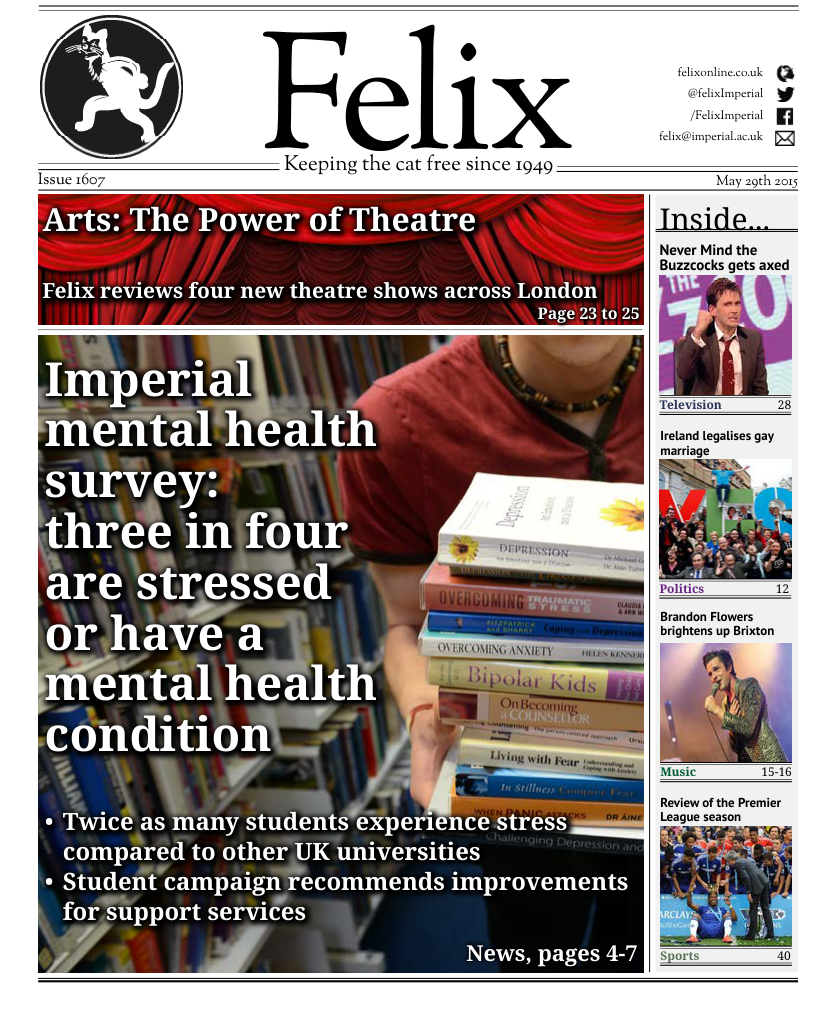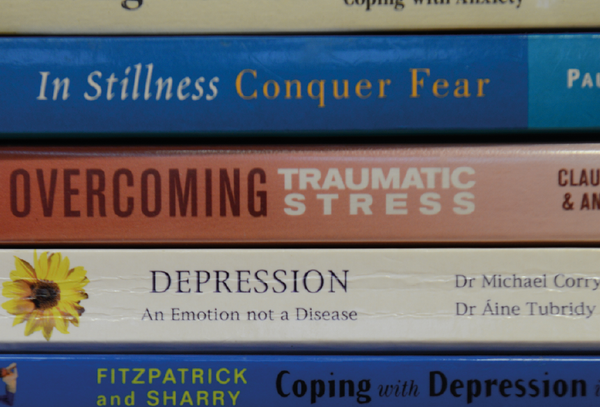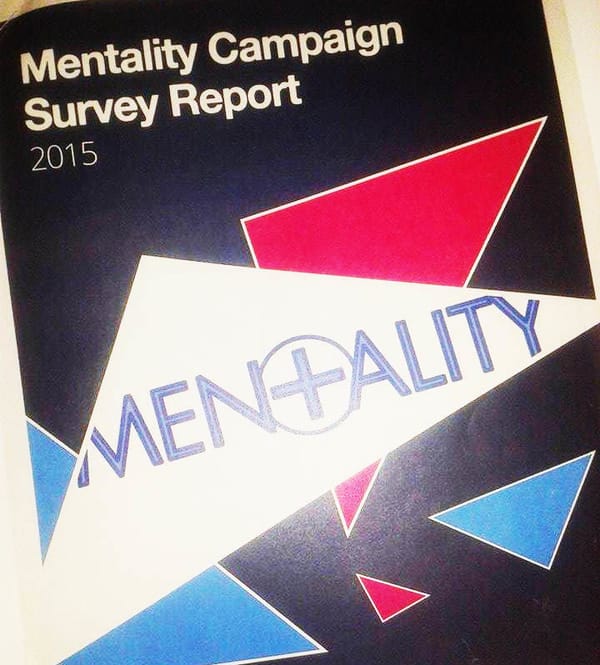Study by Imperial Professor raises fears for diabetes screening in India
Kunal Wagle reports on the research into large-scale screening programmes

A study conducted by a team including a professor from Imperial College London has suggested that the large-scale diabetes screening programme in India will result in the public health system being overwhelmed.
The programme, which aims to screen the general population for type two diabetes, requires those who initially test positive to undergo a second test to confirm the diagnosis.
The study estimates that between 158 million and 306 million people will be asked to take the second test. However the study goes on to estimate that only between 26 million and 37 million people will actually be diagnosed with diabetes.
The study, published in PLOS Medicine uses mathematical models to estimate the outcome of screening the entire population of the country, which is about 1.25 billion. Three types of survey-based screening method were compared against glucometer tests by researchers from the UK, US and India.
The lead author on the study was Dr Sanjay Basu, who is from the Prevention Research Center at Stanford University.
Dr Basu said “The tools we have available are just not good enough to make a programme like this worthwhile. Rather than screening the whole population, it would be more beneficial to rely on symptom-based diagnosis as many other countries do.
“Health system resources can then be focused on managing those we know have diabetes, whose care at the moment is suboptimal.”
If all 567 million people between the ages of 25 and 65 in India are screened for the disease, it is estimated that between 126 and 273 million people would be given a false positive in the first round of tests. This many incorrect results would create a cost of 169 million and 567 million dollars.
The Indian government has already screened 53 million people, using either a questionnaire or glucometer. Those who test positive have to undergo a blood test.
One of the authors of the study Dr Christopher Millett, who is from the School of Public Health at Imperial College, said “A huge number of people will be told they have a high risk of diabetes and have to undergo a second test.
“This will cause a lot of worry for these people unnecessarily, and will also place an enormous burden on the health system to carry out all these tests.”
It is believed that around 12 per cent of Indian adults have type two diabetes, most cases of which remain undiagnosed. The disease can lead to severe complications when mismanaged, such as stroke, cardiovascular disease, blindness, limb amputation and kidney failure.










